The results of China’s annual expat survey, conducted from September to December last year, are in. More than 175,000 expats participated in the survey via both online and offline voting.
The 10 cities were selected based on their performance in terms of policy and administration, as well as working and living environment for foreigners. Criteria required the cities be prefecture-level or above, and excluded Hong Kong, Macau and any cities in Taiwan.
Below is a quick summary. For the full story, see the People’s Daily article.
#10 – Qingdao, Shandong
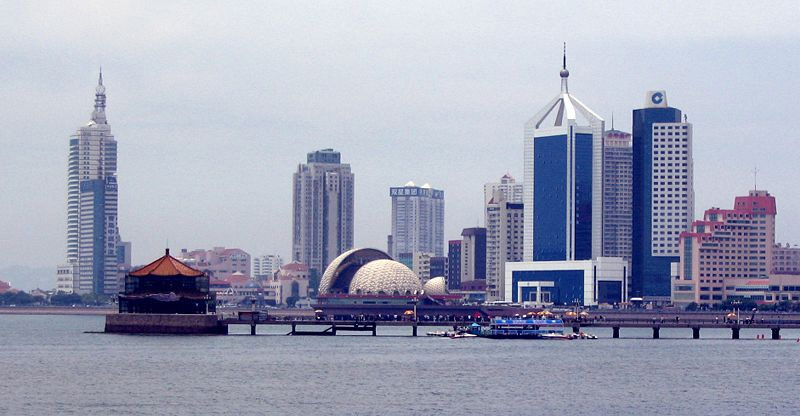
- Pros: Favorable living environment.
- Cons: Administrative environment, children’s education and level of globalization.
#9 – Xiamen, Fujian
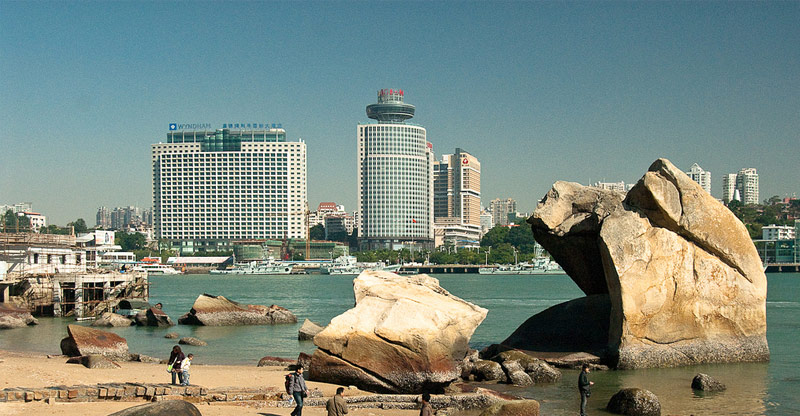
- Pros: Exceptional living environment and favorable entrepreneurial environment.
- Cons: Foreigners’ salaries are lower than expected.
#8 – Tianjin
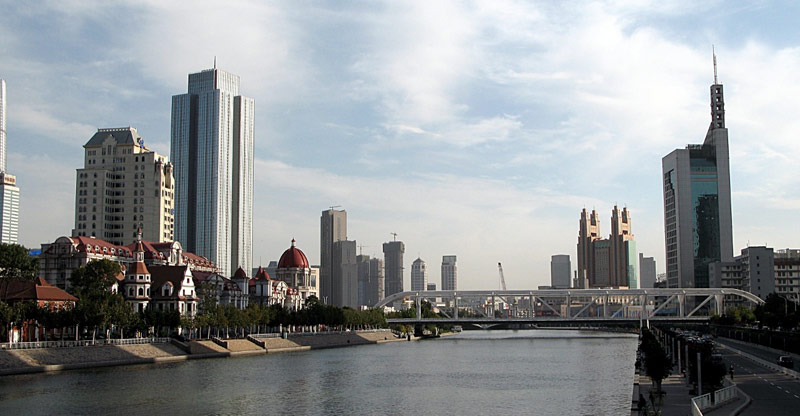
- Pros: Health care working environments.
- Cons: Policy environment requires improvement.
#7 – Nanjing, Jiangsu
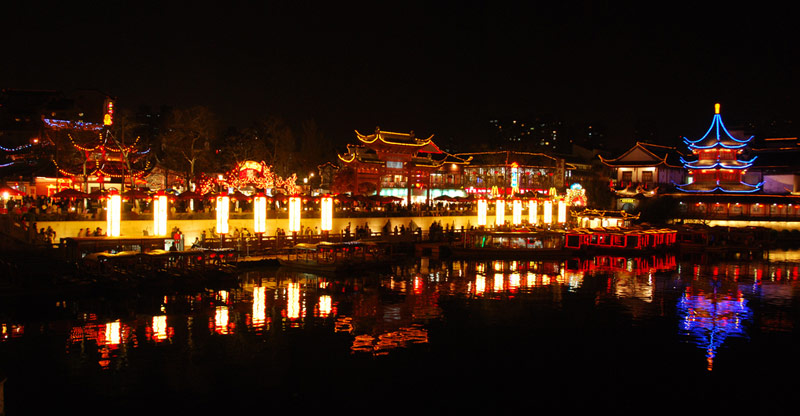
- Pros: Attractive living environment. Promising future work policies and career development opportunities.
- Cons: Unsatisfactory administration due to institutional and procedural issues. Low salary.
#6 – Hangzhou, Zhejiang

- Pros: Favorable living environment, especially its abundant natural environment. Optimistic outlook for future career development opportunities in the city.
- Cons: Low marks for its working and entrepreneurial environment and salary.
#5 – Kunming, Yunnan
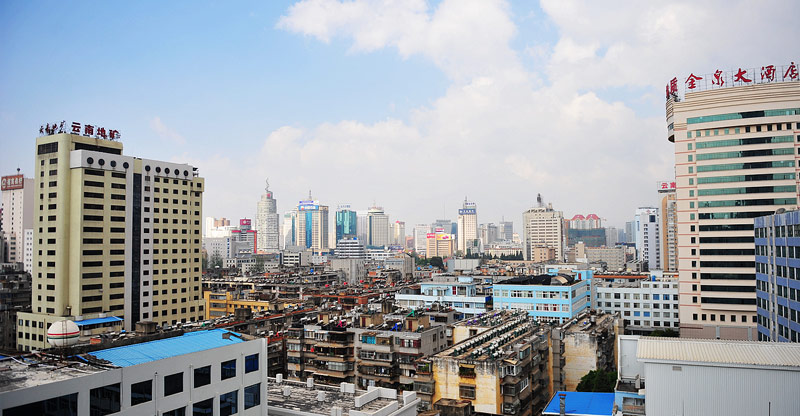
- Pros: Good administrative environment, and an attractive living environment.
- Cons: Lacking cohesive policies to attract and hire talent. Healthcare and education could be improved.
#4 – Suzhou, Jiangsu
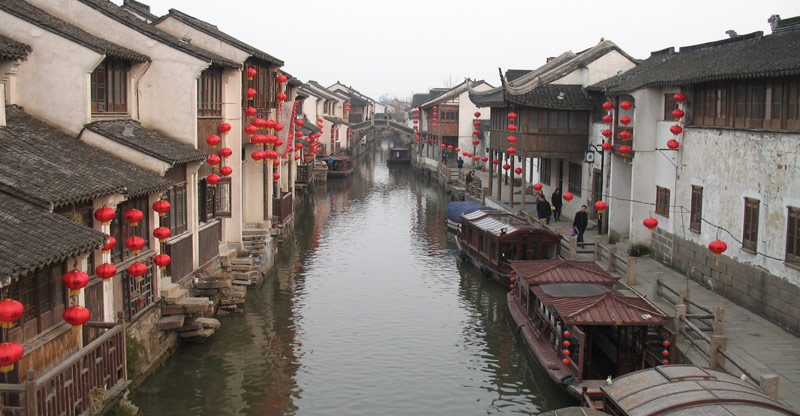
- Pros: Balanced development. Human settlement environment, working and entrepreneurial environment and promotion opportunities.
- Cons:Â Administrative environment could be improved.
#3 – Shenzhen, Guangdong
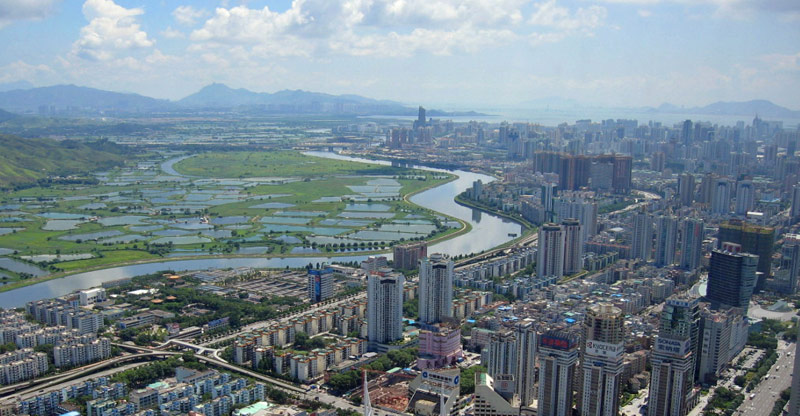
- Pros: Attractive working environment, and high salaries. High marks in terms of its development plan.
- Living environment was graded unsatisfactory, particularly in regards to health care and children’s education.
#2 – Beijing

- Pros: Outstanding administrative environment, policy environment, health care environment and children’s education.
- Cons: Natural environment of habitat, working environment and traffic.
#1 – Shanghai
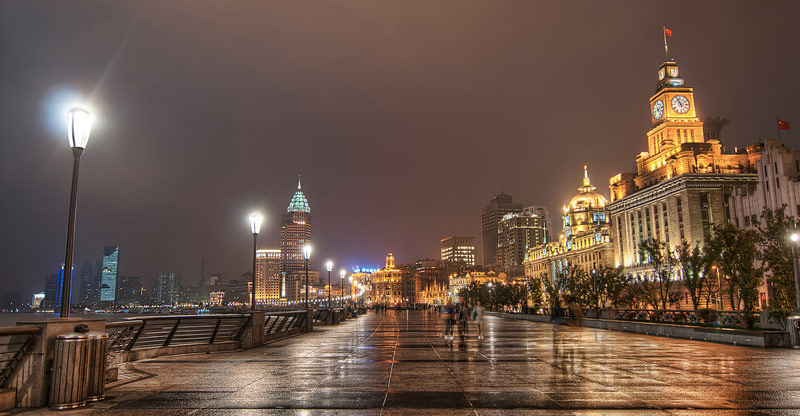
- Pros: international atmosphere and multicultural environment. Health care and children’s education.
- Cons: Administrative and natural environments.
What do you think? Any obvious misses or glaring bias? Pretty accurate?








Where is Zhuhai?
Southern China. 😉 jk.
like
-_-‘
Nothing surprising here! Oh except personally for me… I found Xiamen a little strange when I visited…especially the food. Don’t think I could easily live there, even though I’d love to be back near the sea.
I’m in Xiamen, and the foreigners that I meet here often stay longer than those I’ve met in other cities. The big/industrial cities attract people who come for the bang and the buck and then skeedaddle, but Xiamen is kind of like expat flypaper. I suppose a lot of southern coastal cities are, too.
That sums up Xiamen perfectly!!
With a few exceptions this list really just shows where expats live in China, not whether they find these cities attractive.
I miss when Ernie Diaz used to do this on China Expat. Now that had class, was funny as shit, and really told the issues in depth. Like expat bars to go for one thing!
The results funnily enough were the same as here, but…I dunno…just nostalgia I guess. Lost Laowai has inherited what China Expat used to do, but it just ain’t the same.
Aside from pulling together the photos, this is just People’s Daily (or whatever group did the happy foreigner survey). You do raise a good point though, perhaps we could put together something a bit more authentic and un-population biased (as FOARP pointed out).
I’ll not even attempt to fill Ernie’s shoes though. Ernie is a genius and a friend.
Hello,
I would include Chengdu, after all is developing very fast and more companies are starting their activities there.
From a personal and not professional point of view, I would love to live in South China, Sanya..m… somewhere in Hainan!
I miss China Expat. It was quirky and fun.
Ryan,
Just wanted to thank you for so many years of helping people like me out with information, tidbits, and guides. You are awesome!
Thanks so much!
Thanks for this resource. It’s all good. That said, I find the Chinglish descriptions extremely annoying and ultimately meaningless. I lived in Qingdao for a year. Beijing for two. Tianjin for two. Frankly, they are all anonymous, soulless dumps. I’ve been in a wonderful S.China city now for almost 3 years and love it. Friendly people, a livable space, can zoom around on a motorbike. Deeply regret having wasted so many years in the dystopic and barren wasteland which is the north of China.
Pingback: China's first-tier cities barely suitable for living, report says - Lost Laowai
Your pictures you have posted are stunning. I’m leaving to China (again) very soon, and this makes me even more excited to get there!
I don’t understand why Beijing and Shanghai should be in this list. There are definitely better, nicer, healthier places to live and enjoy China!?
Personally I think Chengdu should also belong to this list.
there is hardly anything on your blog on Changsha, Hunan. Quiet invisible city huh ? …just wondering. Looking for info about it from expats’ blogs